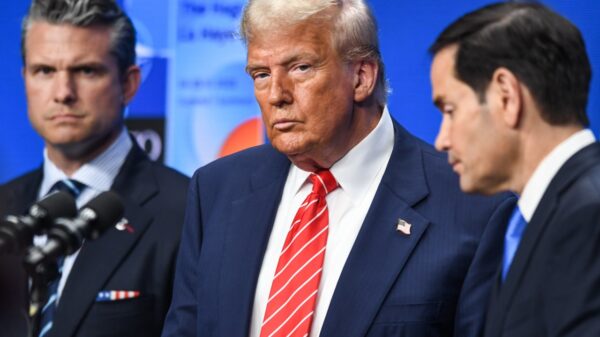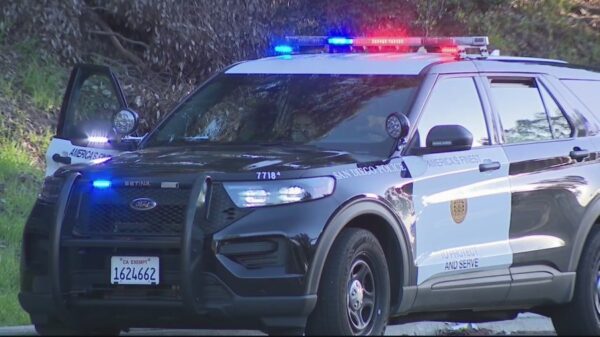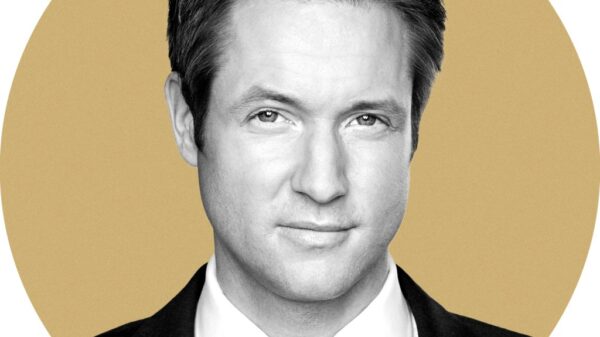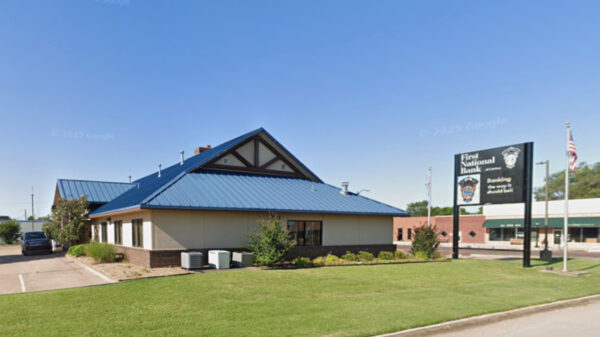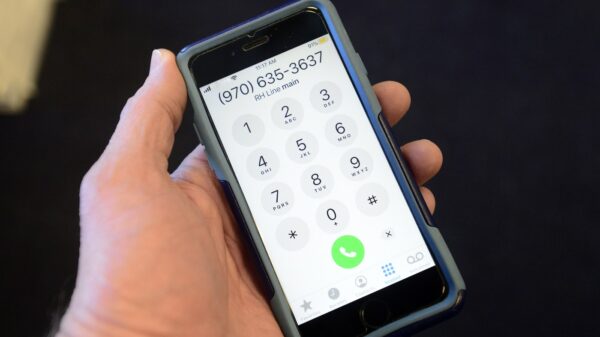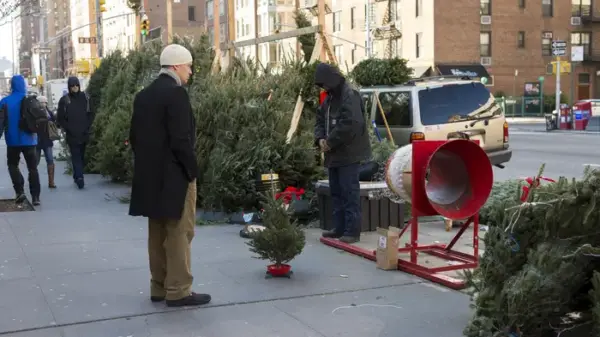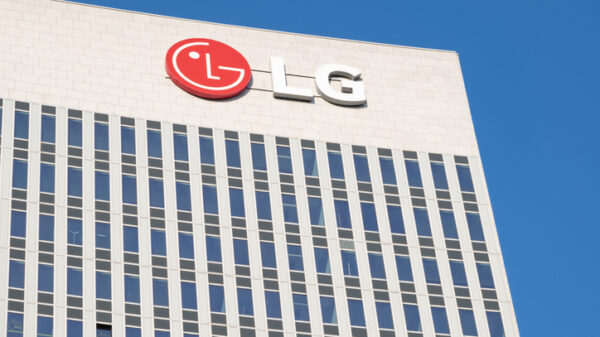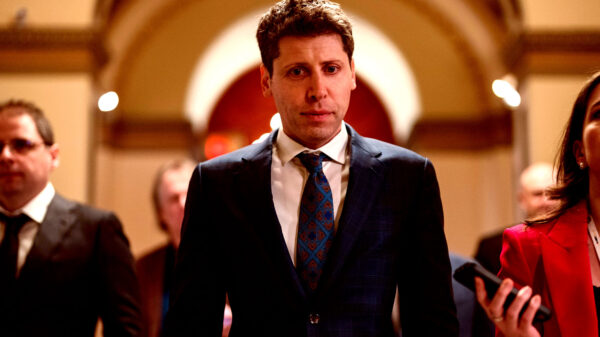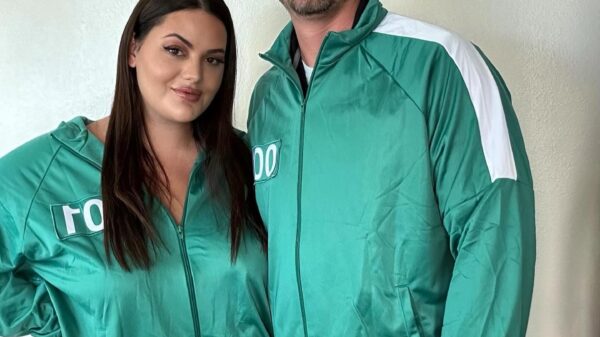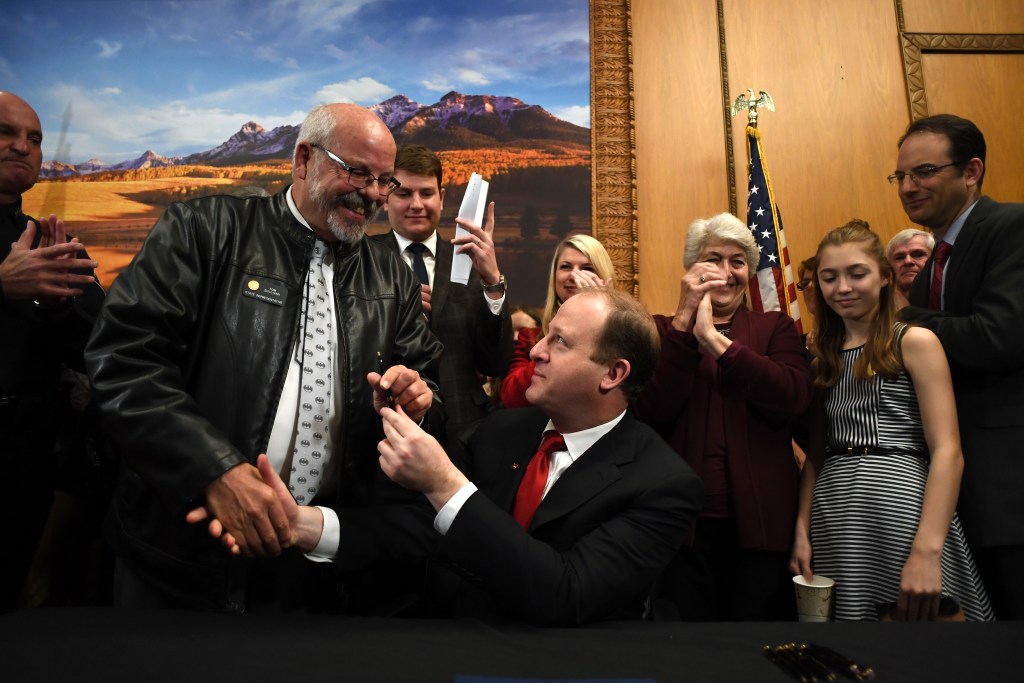In the wake of the tragic Aurora movie theater shooting on July 20, 2012, Colorado has seen significant changes in its gun laws over the past decade. A series of legislative measures, particularly in the last five sessions, aim to address gun violence and enhance public safety.
Key Legislative Milestones
On March 20, 2013, then-Governor John Hickenlooper enacted three pivotal laws in response to the Aurora incident, which resulted in the deaths of 12 individuals and injuries to 70 others. These laws included a 15-round limit on firearm magazines, a requirement for universal background checks, and a new fee for gun purchasers to support these checks.
The legislative landscape shifted dramatically in 2014 when Republicans regained control of the state Senate, ending a period of Democratic dominance. This shift was partly fueled by the backlash against the gun laws passed in 2013, as evidenced by the recall of two Democratic state senators on September 10, 2013.
Subsequent mass shootings, including the tragic events at Sandy Hook Elementary School in December 2012 and the Pulse nightclub in Orlando in June 2016, continued to influence public opinion and legislative action. The Las Vegas shooting in October 2017 and the Parkland shooting in February 2018 further intensified calls for reforms.
In November 2018, Democrats regained a majority in the state Senate, coinciding with the election of Jared Polis as governor. This shift allowed for renewed efforts to implement stricter gun control measures.
Recent Developments and New Legislation
On April 12, 2019, Polis signed the extreme risk protection order bill, often referred to as the red-flag law. This legislation enables judges to temporarily confiscate firearms from individuals deemed a danger to themselves or others.
The state faced another tragic incident on March 22, 2021, when a gunman killed 10 people at a King Soopers grocery store in Boulder. Following this shooting, Colorado lawmakers enacted five significant laws during the 2021 legislative session, including expanded background checks and new requirements for firearm storage.
The gun violence crisis in Colorado continued with the May 9, 2021, shooting at a birthday party in Colorado Springs, resulting in six fatalities. In response, the 2022 legislative session saw the passage of a law prohibiting open carry of firearms near polling places.
The violence reached a new peak on November 19, 2022, when a shooter opened fire at Club Q, an LGBTQ+ nightclub in Colorado Springs, killing five people and injuring 22 others. This incident further galvanized legislative efforts for reform.
In the 2023 legislative session, new laws included a three-day waiting period for firearm purchases, raising the minimum age for purchasing firearms to 21, and banning the sale and possession of unserialized firearms, known as ghost guns.
As Colorado approaches the 2024 legislative session, lawmakers and Governor Polis are set to introduce additional measures. Anticipated reforms include enhanced training requirements for concealed-carry permits, new regulations for firearm storage in vehicles, and a tax on firearms and ammunition, which was approved by voters with a 54% majority.
The ongoing evolution of Colorado’s gun laws reflects a complex interplay of public sentiment, legislative action, and the grim reality of gun violence. Each new law seeks to address the pressing concerns of safety and responsibility in firearm ownership, demonstrating a commitment to preventing further tragedies in the state.







